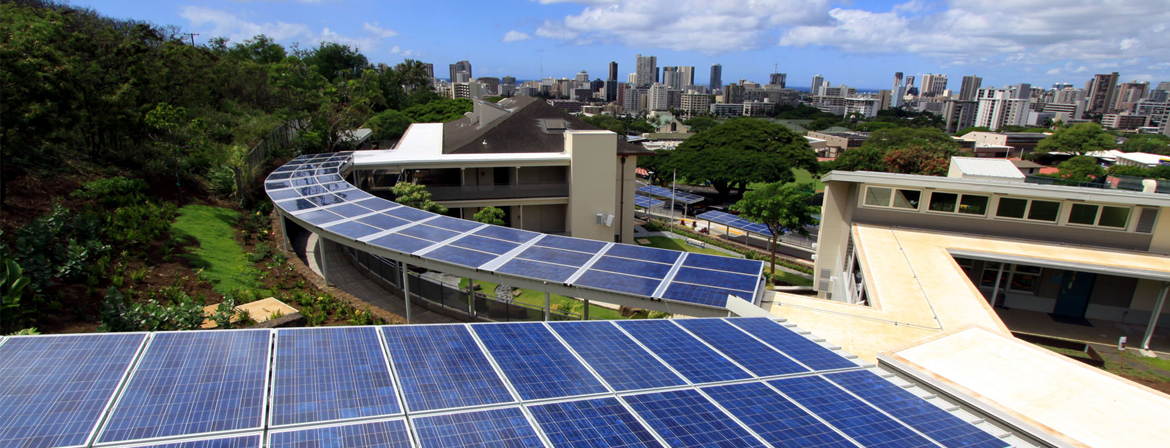Dormitory Residents Reduce Electricity Consumption when Exposed to Real-Time Visual Feedback and Incentives
Petersen, J., Shunturov, V., Janda, K., Platt, G., & Weinberger, K. (2007). Dormitory Residents Reduce Electricity Consumption when Exposed to Real-Time Visual Feedback and Incentives. International Journal of Sustainability in Higher Education, 8(1), 16.
Influencing User Behaviour With Energy Information Display Systems for Intelligent Homes
Wood G., & Newborough M. (2007). Influencing User Behaviour with Energy Information Display Systems for Intelligent Homes. Int. J. Energy Res., 31, 56-78.
Social Norms: An Underestimated and Underemployed Lever for Managing Climate Change
Griskevicius,V., Cialdini, R.B., and Goldstein, N.J. (2008). Social Norms: An Underestimated and Underemployed Lever for Managing Climate Change. International Journal for Sustainability Communication, 3, 5-13.
The Driver of Green Innovation and Green Image--Green Core Competence
Chen, Y. (2008). The driver of green innovation and green image--Green core competence. Journal of Business Ethics, 81(3), 531-543.
Communications about Environmental Risks and Risk-Reducing Behavior: The Impact of Fear on Information Processing
Meijnders, Anneloes L; Midden, Cees J. H; Wilke, Henk A. M. (2001). Communications about environmental risks and risk-reducing behavior: The impact of fear on information processing. . Journal of Applied Social Psychology, 31, 4, 754-777.
Taking the University to Task
Mansfield, William H., III (1998). Taking the university to task. World Watch , 11, 3, 24-30.
Do-It-Yourself and Energy Conservation
Mayer, Peter C (1996). Do-it-yourself and energy conservation. Contemporary Economic Policy , 14, 116-118.
House Characteristics and the Effectiveness of Energy Conservation Measures
Clark, Kim E; Berry, David (1995). House characteristics and the effectiveness of energy conservation measures. Journal of the American Planning Association , 61, 386-395.
Consumer Concern, Knowledge, Belief, and Attitude toward Renewable Energy: An Application of the Reasoned Action Theory.
Bang, Hae-Kyong; Ellinger, Alexander E.; Hadjimarcou, John; Traichal, Patrick A. (2000). "Consumer concern, knowledge, belief, and attitude toward renewable energy: An application of the reasoned action theory.". Psychology & Marketing, 17, 6, 449-468.
Integrating Psychological and Economic Perspectives on Energy Consumption: The Determinants of Thermostat Setting Behavior
Peters, J. S. (1990). Integrating psychological and economic perspectives on energy consumption: The determinants of thermostat setting behavior. Dissertation Abstracts International, 51, 4-B,



